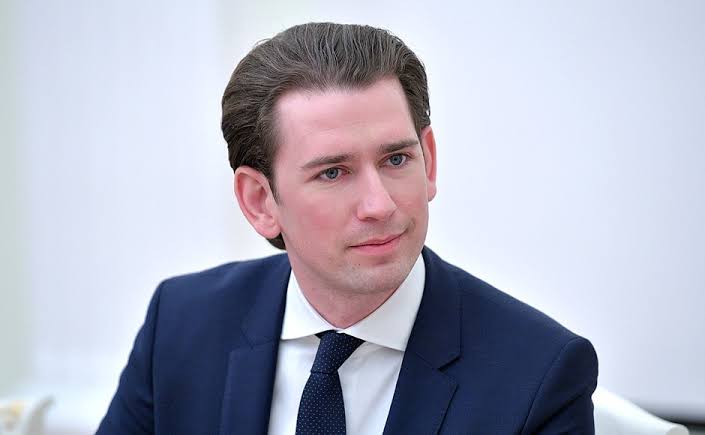UPDATE 1-Austria's Kurz confident of coalition deal with Greens in January

- Country:
- Austria
Austrian conservative leader Sebastian Kurz said he was confident of striking a coalition deal with the left-wing Greens in January, more than three months after an election in which his People's Party came first but fell short of a majority.
Kurz's People's Party (OVP) won 37.5% of the vote in the Sept. 29 election, meaning they require a coalition partner to command a majority in the lower house. Since then talks with the resurgent Greens have taken longer than for the last coalition Kurz assembled, with the far-right Freedom Party in 2017. Both sides have said big differences remain and the Greens have said they are in no hurry.
"I want to be done by early January," Kurz told Sunday's edition of the Kronen Zeitung tabloid. Another newspaper, Kurier, which is part of the same media group, quoted Kurz as saying: "There will be a government in January."
Kurier said the final coalition deal would be presented to the public between Jan. 7 and Jan. 11 at the latest, while Krone said that if all goes according to plan the new government will be sworn in by mid-January. Both cited Kurz as their source. Little has emerged so far on the details of the talks, and Kurz has made disciplined communications one of his hallmarks, along with a tough line on immigration on which he has built his career.
Both newspapers, however, had an initial outline of the coalition deal taking shape in the talks, which will only break for three days over Christmas. One of the Greens' priorities is adjusting taxes to better reflect the environmental impact of certain goods, such as doing away with favorable treatment of diesel fuel.
Kurier said one initiative that appears to have been agreed is that "environmentally damaging emissions" will become more expensive but commuters who do not have the opportunity to use public transport instead of their car will receive some kind of compensation. Kurz said during the campaign that any measures to reduce carbon emissions should not come at the expense of ordinary citizens who drive to work.
Kurier said the parties had agreed public transport would be made "massively" cheaper and "a large amount of money" would be spent on expanding the rail network - in a country where public transport is already relatively efficient and cheap. Greens leader Werner Kogler later told news agency APA Kurz's timeframe for a deal was realistic but added that "it could also take longer".
(This story has not been edited by Devdiscourse staff and is auto-generated from a syndicated feed.)
- READ MORE ON:
- People's Party
- Sebastian Kurz










